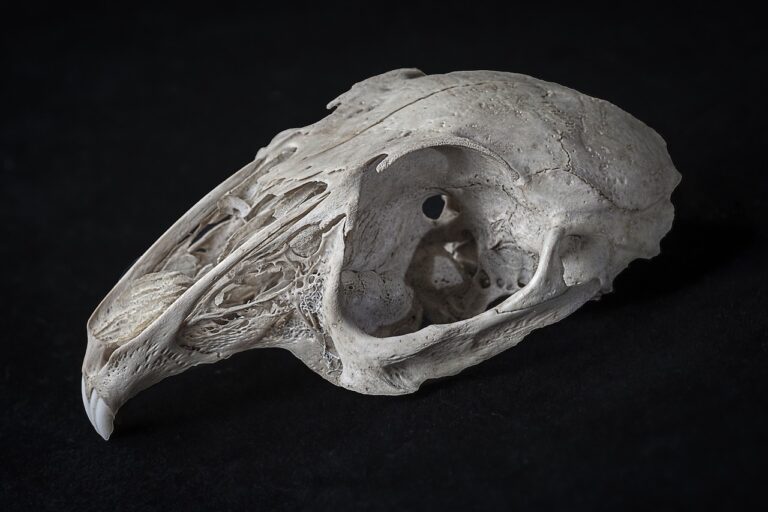Modern Assessment Methods: Beyond Traditional Testing
Traditional testing methods have long been the cornerstone of assessing student knowledge and understanding in educational settings. However, these methods oftentimes rely heavily on standardized tests and exams that may not fully capture a student’s true abilities. This can lead to a limited representation of a student’s skills and knowledge, as traditional testing may fail to assess critical thinking, problem-solving abilities, and creativity.
Moreover, traditional testing methods can create a high-stakes environment for students, which can result in increased stress and anxiety levels. This pressure to perform well on exams can lead to performance anxiety and impact a student’s overall well-being. Additionally, traditional testing may not always align with real-world applications, which can hinder students’ abilities to transfer their knowledge and skills to practical situations.
The Shift Towards Authentic Assessment
Authentic assessment is gaining popularity in educational settings as a more realistic approach to evaluating students’ skills and knowledge. Unlike traditional testing methods that often rely on memorization and rote learning, authentic assessment focuses on real-world application of concepts. By incorporating tasks that mirror authentic, everyday challenges, educators can better assess students’ abilities to think critically, problem-solve, and apply their knowledge in practical scenarios.
Through authentic assessment, students are encouraged to demonstrate a deeper understanding of the subject matter by showcasing their skills in contextually relevant situations. This approach promotes a more holistic evaluation of students’ abilities, considering not only their knowledge but also their creativity, communication, and decision-making skills. By shifting away from the one-size-fits-all nature of traditional testing, authentic assessment allows educators to better tailor assessments to meet the individual needs and learning styles of students.
Innovative Approaches in Assessment
Innovative approaches in assessment have emerged in response to the limitations of traditional testing methods. These new methods focus on evaluating students’ abilities to apply knowledge in real-world scenarios rather than just regurgitating facts. By incorporating performance tasks, projects, and portfolios, educators can gain a more comprehensive understanding of students’ skills and competencies.
One popular innovative approach is project-based assessment, where students work on real-life projects that require critical thinking, problem-solving, and collaboration. This method not only assesses students’ knowledge but also their ability to integrate information and demonstrate practical skills. Additionally, adaptive learning technologies have enabled personalized assessments that adjust difficulty levels based on students’ responses, providing tailored feedback to support individual growth and learning.
• Project-based assessment allows students to apply knowledge in real-life scenarios
• Emphasizes critical thinking, problem-solving, and collaboration skills
• Provides a more comprehensive understanding of students’ competencies
• Adaptive learning technologies offer personalized assessments based on individual responses
• Tailored feedback supports student growth and learning
Innovative approaches in assessment are transforming education by shifting the focus from memorization to application. These methods not only evaluate what students know but also how they can use that knowledge in practical situations. By incorporating performance tasks, projects, portfolios, and adaptive technologies, educators can better support student learning and development. As technology continues to advance, the possibilities for innovative assessment approaches are endless.
What are some key challenges with traditional testing methods?
Traditional testing methods often focus on memorization and rote learning, which may not accurately reflect a student’s true understanding or abilities. They also do not assess real-world application of knowledge.
What is authentic assessment?
Authentic assessment is a form of assessment that requires students to demonstrate their knowledge and skills in a way that mimics real-world tasks or problems. It is more focused on application and critical thinking.
What are some examples of innovative approaches in assessment?
Some examples of innovative approaches in assessment include project-based assessments, performance tasks, portfolios, and simulations. These methods allow students to demonstrate their knowledge and skills in a more hands-on, authentic way.
How can educators incorporate innovative assessment approaches into their teaching?
Educators can incorporate innovative assessment approaches by designing assessments that align with real-world tasks and problems, providing students with opportunities for hands-on learning and application of knowledge, and offering feedback that focuses on growth and improvement.







